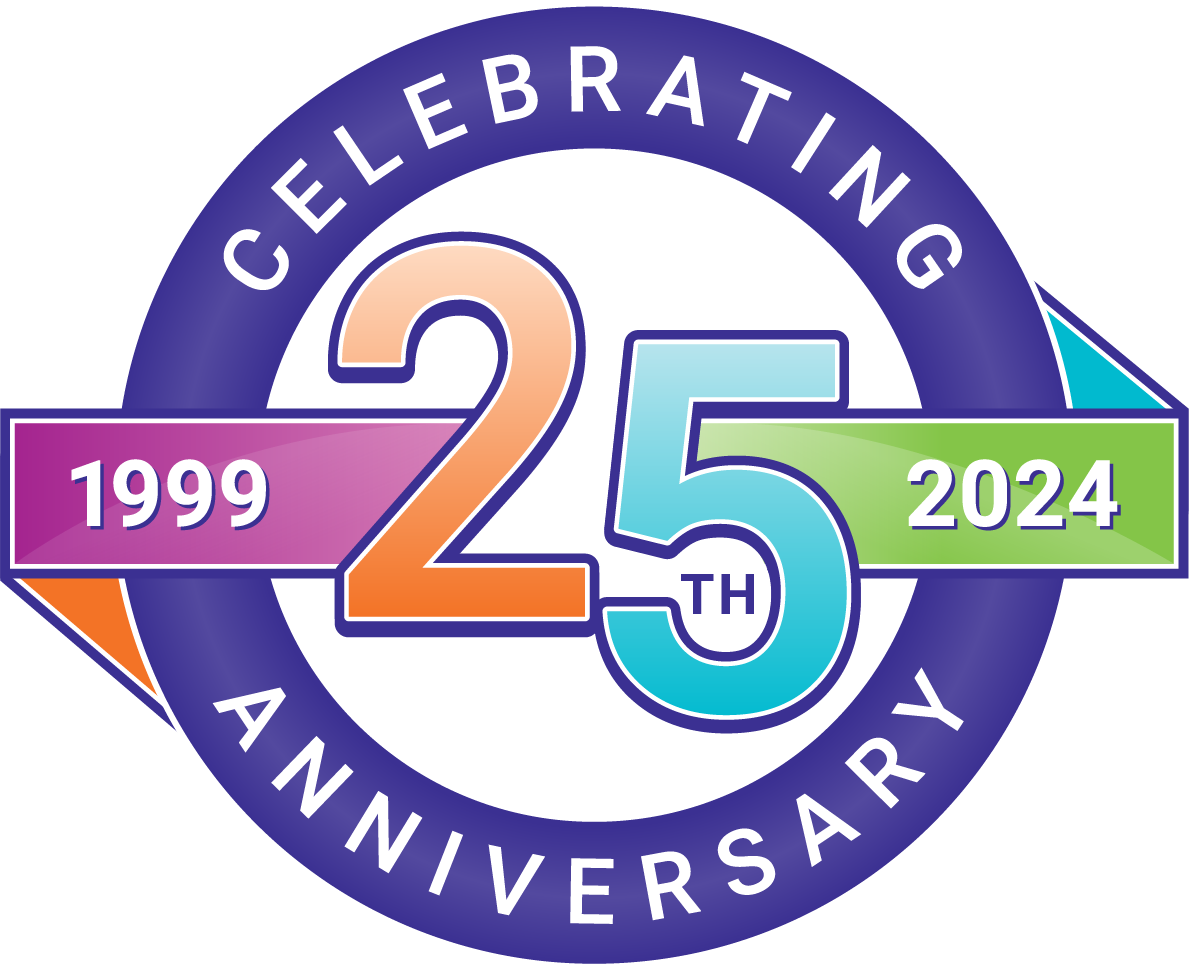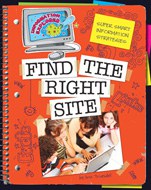Evaluate Sources
How do I know this is a good source to use?
Does the source address one of my research questions?
There are many great resources, but if they do not address your research questions, they are not great for your project.
- As part of the Define step of the research process, you defined questions to guide your research. Stay on track. Select resources that will answer these questions. Or, maybe a source makes you realize that you overlooked some important questions about your topic.
- For example, let's say that your paper is about how advertising affects professional sports. When you did a search that included the keywords professional AND sports, you found a source about the 100 best professional baseball players of all time. While the source may be interesting, it is not likely to have a strong connection to advertising. Briefly scan the article's headings or book's table of contents and index for a reference to advertising. If it is a database or Internet source, you may even be able to search for the word advertising. If you find it, dig in. If not, move on.
Fact vs. Opinion
Writers may mix fact and opinion, and it becomes the job of the reader to sort them out.
- Facts are objective--they can be proven. (e.g., the White house is where the president lives)
- Opinions are subjective--they express a preference or bias. (e.g., the White House is beautiful)
Bias & Viewpoint
Bias is an inclination or a slant towards one side of a topic or issue. Most books and periodicals go through a review process by editors which tends to make them reliable. Most authors do a good job of making their viewpoint known or presenting all sides. However, that does not totally eliminate bias.
- The purpose of the source could be to promote one side of an issue. Authors should make their viewpoints evident. For example, the articles in the database, Opposing Viewpoints, are intentionally written with a specific viewpoint in mind.
- Periodicals that cover politics, public policy, and current events may have a liberal or conservative bias. For example, many people agree that The Nation, New Statesman, and Progressive are liberal publications. A more conservative bias is reflected in National Review, New American, and The American Conservative.
- Since anyone can publish on the Internet, it is especially important to determine the website's or author's purpose.
Authority
Authority refers to being knowledgeable or an expert on a subject or topic. Books in a library and articles in databases have been selected with quality and authority in mind. It is up to you to determine who wrote the website content and what their qualifications are.
Recency
Determine when the work was written and decide if that affects its value or relevancy related to your research.
Evaluating Information
An easy way to remember how to evaluate resources is to use the 5W's
- Who wrote the pages and are they an expert in the field?
- What does the author say is the purpose of the work?
- When was the work created, updated, or last worked on?
- Where does the information come from?
- Why is the information useful for my purpose?
These criteria also apply to evaluating online information. Watch the Evaluating Websites video tutorial and take a look at the Find the Right Site eBook to learn more.
Activities:
- Practice evaluating web sites with the What's Behind the Door? activity. Use this worksheet to record your answers: What's Behind the Door Worksheet.
- Be sure to use the source comparison and website evaluation worksheets to record your decisions about the value of your sources.
Next => Now that you have have found and evaluated sources, it is time to find and document information from within them: Find Quality Information.
| Educator Content There is currently no educator content for this page. |
|
Do you want to share this page with students, but you don't want students to see the Educator Content section? Share this link instead of the URL at the top of the page: |


